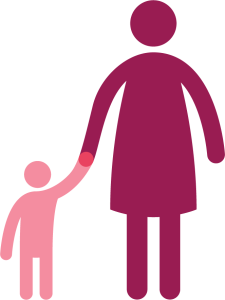Healing Begins with Your Support
Long-term addiction recovery options are limited in Alberta and across Canada. Help women in severe addiction get the extended care they need in a compassionate, faith-based environment. Through comprehensive programming, counseling, and life skills support, we help women rebuild their lives.
Megan's Story
“Both of my parents were heavy alcoholics, and paired with that, my dad used other drugs recreationally. Growing up in an alcoholic home was never easy, but that dysfunction…was my normal.”
Becca's Story
“I’m learning to express myself, set boundaries, maintain a schedule, handle conflict with integrity and trust in the Lord, which is miles away from the hopeless state my life was in before this journey.”
Jenna's Story
“I was so grateful for every little thing at Adeara. I had a warm, safe place and a comfortable bed to rest…Everyone was welcoming and kind. I had healthy meals and exercised. I thrived at Adeara.”
Watch Andrew & Jen's Story of Generosity
Having experienced the long-term effects of addiction, Jen and Andrew saw the opportunity to make a difference in the lives of women in our community currently struggling with addiction by becoming monthly supporters of Adeara. Learn how becoming a monthly supporter ties into their personal journeys.
Your Gift Makes an Impact
If you share Adeara’s vision of changing communities through one life, join us. Your donation gives a woman a safe place to create lasting change for herself and her children.

For mothers, overcoming addiction can create more stable and nurturing environment for their children.

Addiction can be cyclical, especially within families. By helping women overcome addiction, we can break this cycle and prevent it from affecting future generations.

Reduced addiction in our cities decreases reliance on costly health care, criminal justice, and incarceration systems.